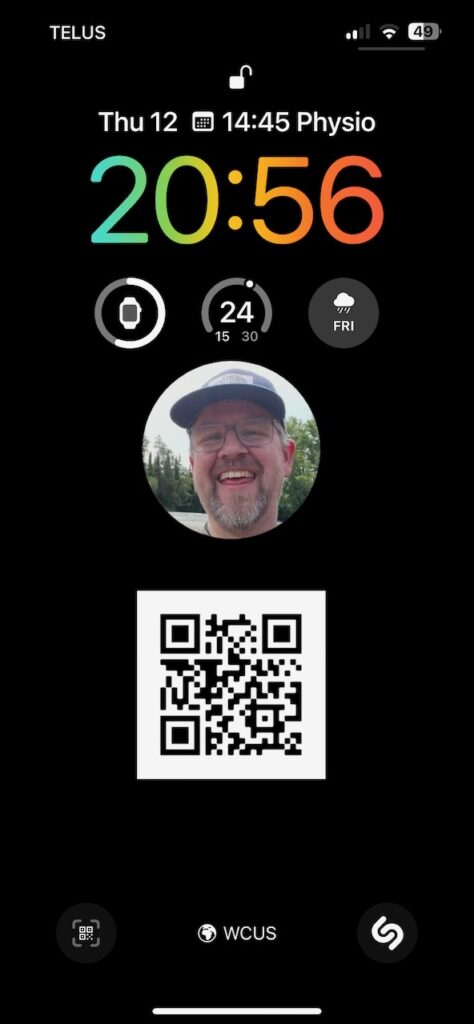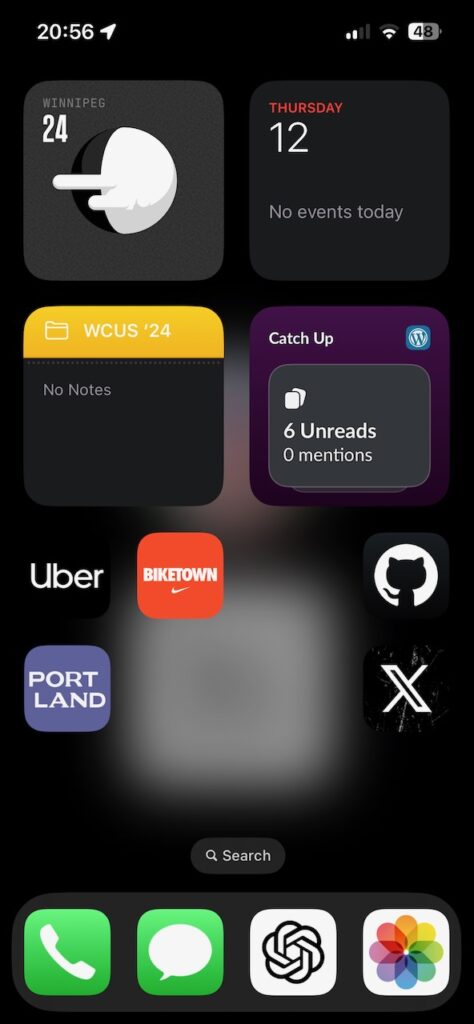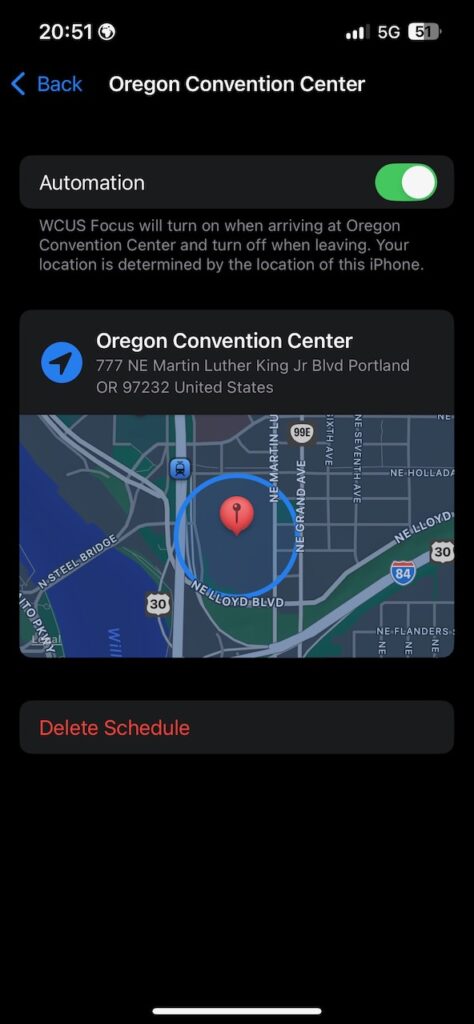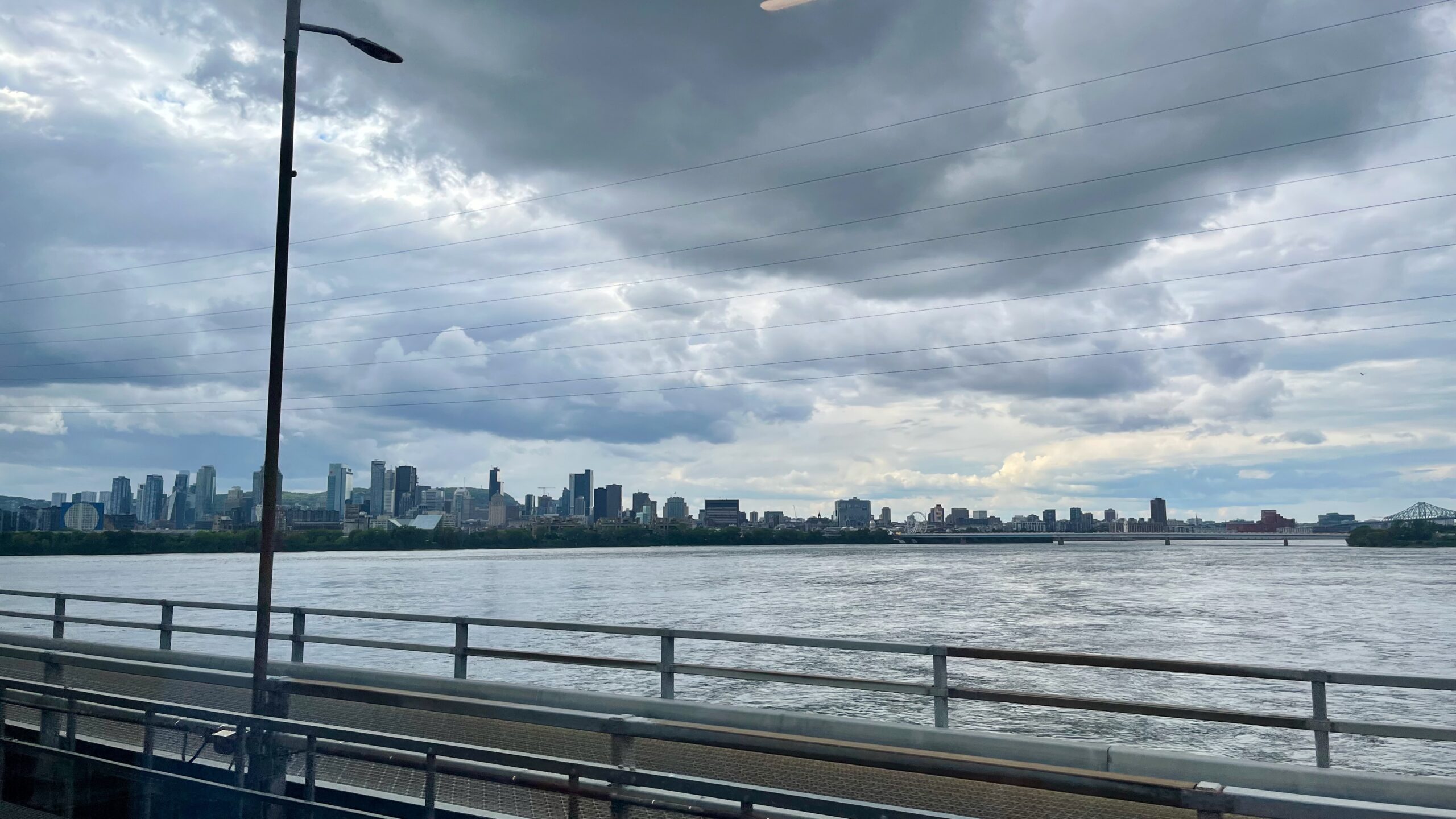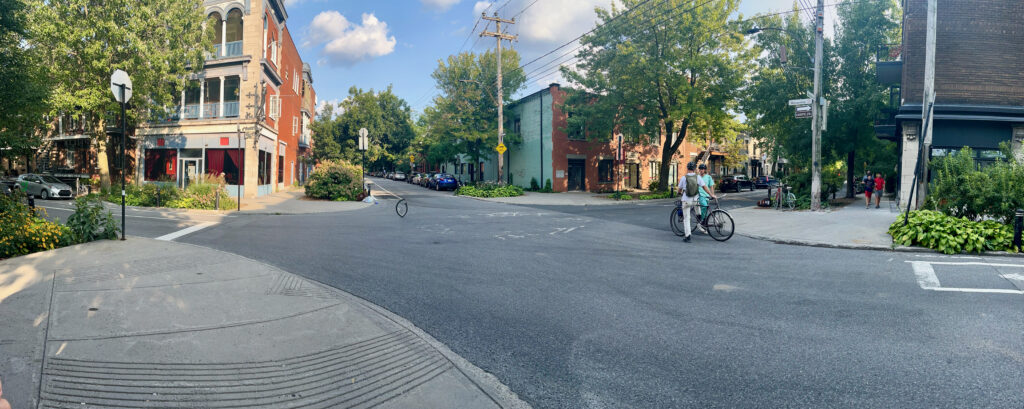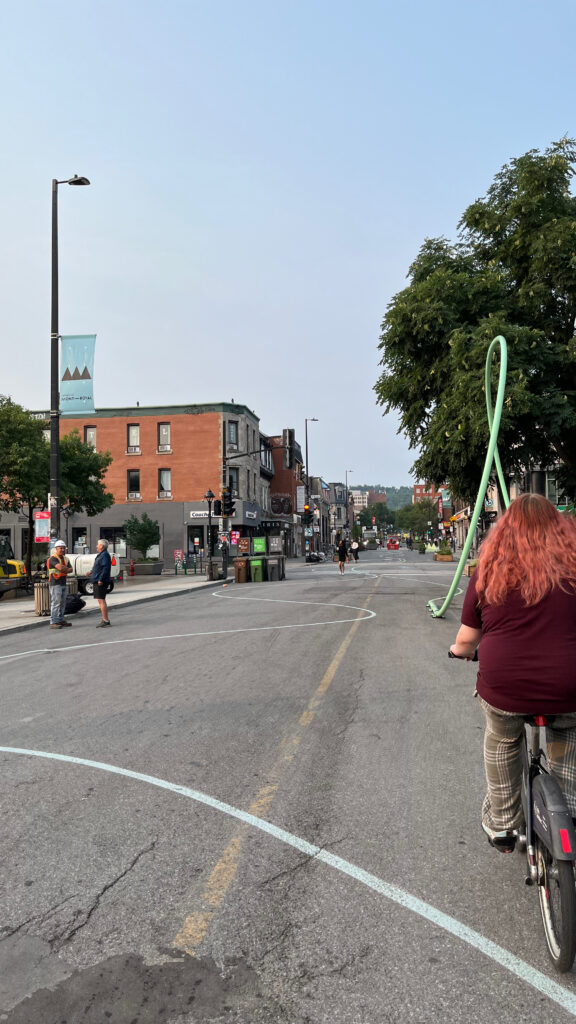Round Two!
I first wrote posts in this series nearly 14 years ago.
I’ve been working from home full time again since 2020. While I’m no longer surrounded by toddlers, the interior of my house can gets a little samey. I’m trying to make a concerted effort to leave the house at least one afternoon per week, if only for a change of scenery and a change of pace.
In this new series, my plan is to use a list of “Best Remote Working Spots” recently posted to r/Winnipeg. I’ll start at the top and working my way down the list every week.
The Ratings
I kind of love devising ratings systems.
My original series used some criteria that no longer seem relevant. For instance, in 2024 laptop batteries are so long lasting that power plugs are less import, and wifi is essentially ubiquitous. Coffee, food, and vibes have become more important to me.
So I’ve come up with a new set of criteria. I’ll be scoring each one out of 5, for a total of 20.
I don’t hope to shame any establishments with these ratings, nor do I really intend to crown a winner. It’s more that I like the trope of rating criteria describe my experiences.
Coffee
Rating will be based on a combination of available options and how much I enjoy my beverage.
In the name of consistency, I’ll order a cortado if available. It’s my favourite drink. IMHO it’s a good measuring stick to taste both espresso and milk without one overpowering the other.
Food
Again a combination of options and how much I enjoy my snack.
In the name on consistency, I will try to order something with apple as a primary ingredient.
Seating
It can be difficult to find seating that’s comfortable to work at for a few hours. I’m looking for a reasonably comfy chair and a good distance between the chair and table.
Availability of seating will also factor in.
Location
For the sake of consistency, I’ll rate location based primarily on the distance from Portage & Main.
Proximity to bike infrastructure, and parking will also factor in.
Vibe
This encompasses the rest of it.
Do I feel welcome to woke on my laptop? Or do I feel like I’m taking up valuable space? Is it a cool building? Cool space? How are the staff? Is it warm? Sunny? Extremely loud? Creepily empty? Etc.

